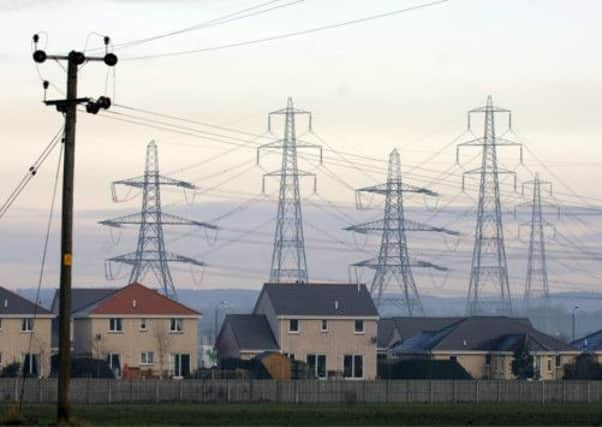Chancellor signals fracking support


In the Spending Review, George Osborne said the government would “make the tax and planning changes which will put Britain at the forefront of exploiting shale gas”.
Mr Osborne also promised to provide the certainty investors needed to pour £100 billion of investment into the UK’s energy infrastructure, in the wake of concerns the government was putting out mixed signals over future energy policy.
Advertisement
Hide AdAdvertisement
Hide AdHe said that in 2015/16, up to £5.3bn, raised though a levy on people’s bills, would go to support low-carbon energy projects.
It has already been announced by 2020, up to £7.6bn a year will be spent on such clean energy schemes.
But Mr Osborne has also signalled his support for exploiting new gas supplies, particularly shale gas, which is extracted by using the controversial technique known as fracking, as part of efforts to deliver secure and affordable energy in the UK.
Concerns have been raised that fracking can cause earthquakes and pollute water supplies, and that shale gas wells could blight the countryside and affect house prices.
Recent changes to the planning system have been aimed at giving communities more control over whether wind farms were built in their area and increased payments for those who accept them, but it is not yet clear what the regime will be for shale.
Business expert at Edinburgh university Professor Jane Bower recently said large reserves of shale gas have been discovered in England, adding it is likely similarly large reserves will be found in Scotland. She suggested Scotland should turn its attention to shale gas extraction instead of wind power, which is likely to see its costs “rapidly escalate year by year”.